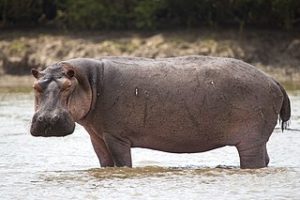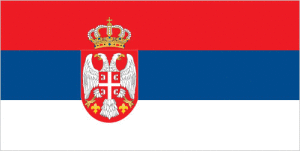
Susan B. Anthony
Susan Brownell Anthony (born Adams, Massachusetts, 1820; died Rochester, New York, March 13, 1906) fought for women’s rights. She was arrested in 1872 for voting, illegal for women at that time. A dollar coin has her image imprinted on it. Children could learn more about her at: Susan B. Anthony.
Norman Bridwell (born Kokomo, Indiana, 1928; died Oak Bluffs, Massachusetts, December 12, 2014) wrote and illustrated books for children. He is perhaps best known for his Clifford the Big Red Dog Series. He created at least 40 books; over 126 million copies of his books have been printed in at least 13 languages.
Abraham Clark (born Roselle, New Jersey, 1726; died Rahway, New Jersey, September 15, 1794) signed the Declaration of Independence. A surveyor and lawyer, he was known as the ‘poor man’s councilor’ because he often took cases when his clients could not pay him. Representing New Jersey, he was active after the Revolutionary War. He was twice elected to the US House of Representatives. Children could learn more about him at: Abraham Clark.

Galileo
Galileo Galilei (born Pisa, Italy, 1564; died near Florence, Italy, January 8, 1642) was a scientist. Although he did not invent the refracting telescope, he was the first person to put it to good use. By using the telescope, he found that the moon is not smooth but covered with mountains and valleys. In 1610 he located four moons around Jupiter. He was accused of being a heretic by the Catholic Church in 1633 because he believed that the earth revolved around the sun. He was placed under house arrest for the remainder of his life. Idea: Students could play with different kinds of lenses and find out how telescopes work. They could also read Starry Messenger, by Peter Sis. The book received a 2001 Caldecott Honor award. Children could learn more at: Galileo.
Cyrus H. McCormick (born Rockbridge County, Virginia, 1809; died Chicago, Illinois, May 13, 1884) invented the mechanical reaper, an invention that harvested grains. Prior to his invention, farmers had to harvest the grains with scythes. Children can learn more at: Cyrus H. McCormick.
Doris Orgel (born Vienna, Austria, 1929; died August 4, 2021) wrote over 50 books for children. Her books include The Devil in Vienna and Button Soup.




